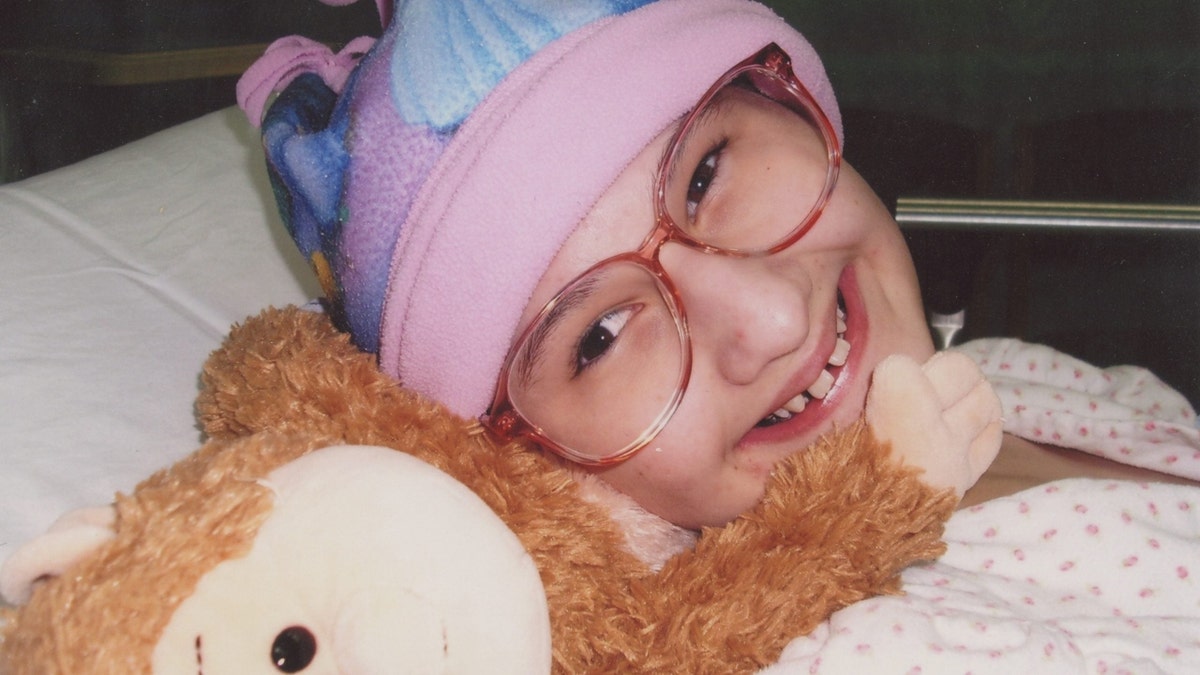The story of Gypsy Rose Blanchard and her mother, Debra Blanchard, has captivated audiences worldwide. This tragic tale of manipulation, deceit, and ultimately, murder, has left many questioning the complexities of human relationships. Gypsy Rose's mom's dead body became the central focus of a crime that shocked the nation. In this article, we will delve into the details surrounding this case, exploring the events that led to this tragic outcome.
This article aims to provide a comprehensive understanding of the case, examining the psychological and social factors that contributed to the crime. By analyzing the events, we hope to shed light on the broader implications of such cases and the lessons we can learn from them.
Join us as we explore the life of Gypsy Rose Blanchard, her relationship with her mother, and the events that unfolded, leading to one of the most shocking crimes in recent history. This article will also examine the legal proceedings and the aftermath of the case, offering insights into the complexities of human behavior.
Read also:David Cowen The Renowned Southwest Artist Redefining Modern Art
Table of Contents
- Biography of Gypsy Rose Blanchard
- The Mother-Daughter Relationship
- The Crime: Gypsy Rose's Mom's Dead Body
- Motivation Behind the Murder
- The Trial and Verdict
- Psychological Analysis
- Media Coverage and Public Reaction
- Legal Implications
- Lessons Learned
- Conclusion
Biography of Gypsy Rose Blanchard
Early Life and Background
Gypsy Rose Blanchard was born on January 9, 1991, in Springfield, Missouri. From a young age, Gypsy was diagnosed with various illnesses, which her mother, Debra Blanchard, claimed were severe and life-threatening. This diagnosis led to Gypsy being homeschooled and isolated from the outside world, purportedly to protect her fragile health.
Below is a table summarizing some key details about Gypsy Rose Blanchard:
| Name | Gypsy Rose Blanchard |
|---|---|
| Date of Birth | January 9, 1991 |
| Place of Birth | Springfield, Missouri |
| Diagnosis | Various illnesses, including leukemia and muscular dystrophy (later found to be fabricated) |
| Education | Homeschooled due to alleged health conditions |
The Mother-Daughter Relationship
A Dysfunctional Bond
The relationship between Gypsy Rose and her mother, Debra Blanchard, was anything but ordinary. Debra controlled every aspect of Gypsy's life, dictating her medical treatments, social interactions, and even her diet. This control stemmed from Debra's belief that Gypsy was severely ill, a belief that later proved to be a fabrication.
Experts suggest that Debra may have suffered from Munchausen syndrome by proxy, a psychological disorder where a caregiver fabricates or induces illness in someone under their care. This condition played a significant role in the deterioration of their relationship.
The Crime: Gypsy Rose's Mom's Dead Body
The crime that shocked the world occurred on June 10, 2015, when Debra Blanchard was found dead in her home. The investigation revealed that Gypsy Rose, along with her boyfriend Nicholas Godejohn, had conspired to murder her mother. The motive behind this heinous act was Gypsy's desire for freedom and independence from her controlling mother.
Gypsy Rose's mom's dead body was discovered in her bedroom, where she had been stabbed multiple times. The crime scene investigation uncovered evidence that pointed directly to Gypsy and Nicholas as the perpetrators.
Read also:Melanie Griffith Net Worth A Comprehensive Look At The Iconic Actresss Wealth And Career
Motivation Behind the Murder
A Desire for Freedom
Gypsy Rose's motivation for committing the murder stemmed from her desire to break free from her mother's suffocating control. For years, she had been confined to her home, unable to experience life as a normal teenager. The fabrication of her illnesses had kept her isolated, and she longed for the freedom to live her life on her own terms.
- Gypsy felt trapped in a life dictated by her mother's controlling behavior.
- She sought independence and the ability to make her own choices.
- Nicholas Godejohn, her boyfriend, played a significant role in encouraging her to take action.
The Trial and Verdict
The trial of Gypsy Rose Blanchard and Nicholas Godejohn attracted widespread attention, with the public eager to learn the truth behind the crime. Both defendants were charged with first-degree murder, and the trial provided a platform for the prosecution to present their case.
Evidence presented during the trial included text messages, surveillance footage, and testimonies from witnesses. The jury ultimately found both Gypsy and Nicholas guilty of the charges, leading to their sentencing. Gypsy Rose was sentenced to life in prison without the possibility of parole, while Nicholas received a lesser sentence due to a plea deal.
Psychological Analysis
Understanding the Mindset
Psychologists have analyzed the mindset of Gypsy Rose and her mother, Debra, to understand the dynamics that led to the tragic outcome. Debra's behavior was indicative of Munchausen syndrome by proxy, a condition that causes caregivers to fabricate or induce illness in their dependents.
Gypsy, on the other hand, exhibited signs of learned helplessness, where she felt powerless to change her circumstances. This psychological state, combined with the influence of Nicholas Godejohn, contributed to her decision to commit the murder.
Media Coverage and Public Reaction
The case of Gypsy Rose and her mother garnered extensive media coverage, with news outlets and documentaries exploring the details of the crime. The public reaction was mixed, with some sympathizing with Gypsy's desire for freedom and others condemning her actions.
Documentaries such as "The Act" on Netflix brought the story to a wider audience, sparking discussions about the ethics of medical diagnoses and the complexities of family dynamics. The media coverage helped raise awareness about the psychological conditions that can lead to such tragic outcomes.
Legal Implications
The Impact on the Justice System
The case of Gypsy Rose and her mother had significant legal implications, highlighting the challenges faced by the justice system in dealing with complex psychological cases. The trial underscored the importance of understanding the motivations behind crimes and the need for comprehensive psychological evaluations in such cases.
Legal experts have emphasized the need for reforms in the justice system to better address cases involving mental health issues. The case of Gypsy Rose serves as a reminder of the importance of empathy and understanding in the pursuit of justice.
Lessons Learned
Preventing Future Tragedies
The tragic story of Gypsy Rose and her mother offers valuable lessons for society. It highlights the dangers of unchecked psychological conditions and the importance of early intervention in such cases. By understanding the factors that contribute to such crimes, we can work towards preventing future tragedies.
- Increased awareness of psychological conditions such as Munchausen syndrome by proxy.
- Improved access to mental health resources for families in need.
- Strengthened legal frameworks to address complex psychological cases.
Conclusion
The story of Gypsy Rose Blanchard and her mother, Debra Blanchard, is a tragic reminder of the complexities of human relationships and the dangers of unchecked psychological conditions. The case of Gypsy Rose's mom's dead body has captured the attention of the world, prompting discussions about the ethics of medical diagnoses and the importance of empathy in the justice system.
We invite you to share your thoughts and reactions in the comments section below. Your feedback is valuable in helping us understand the impact of such cases on society. Additionally, feel free to explore other articles on our website for more insights into similar topics.
:quality(70)/cloudfront-us-east-1.images.arcpublishing.com/gruponacion/DGEKXCPTLFGD3GEIAUXNMPM3KQ.png)

